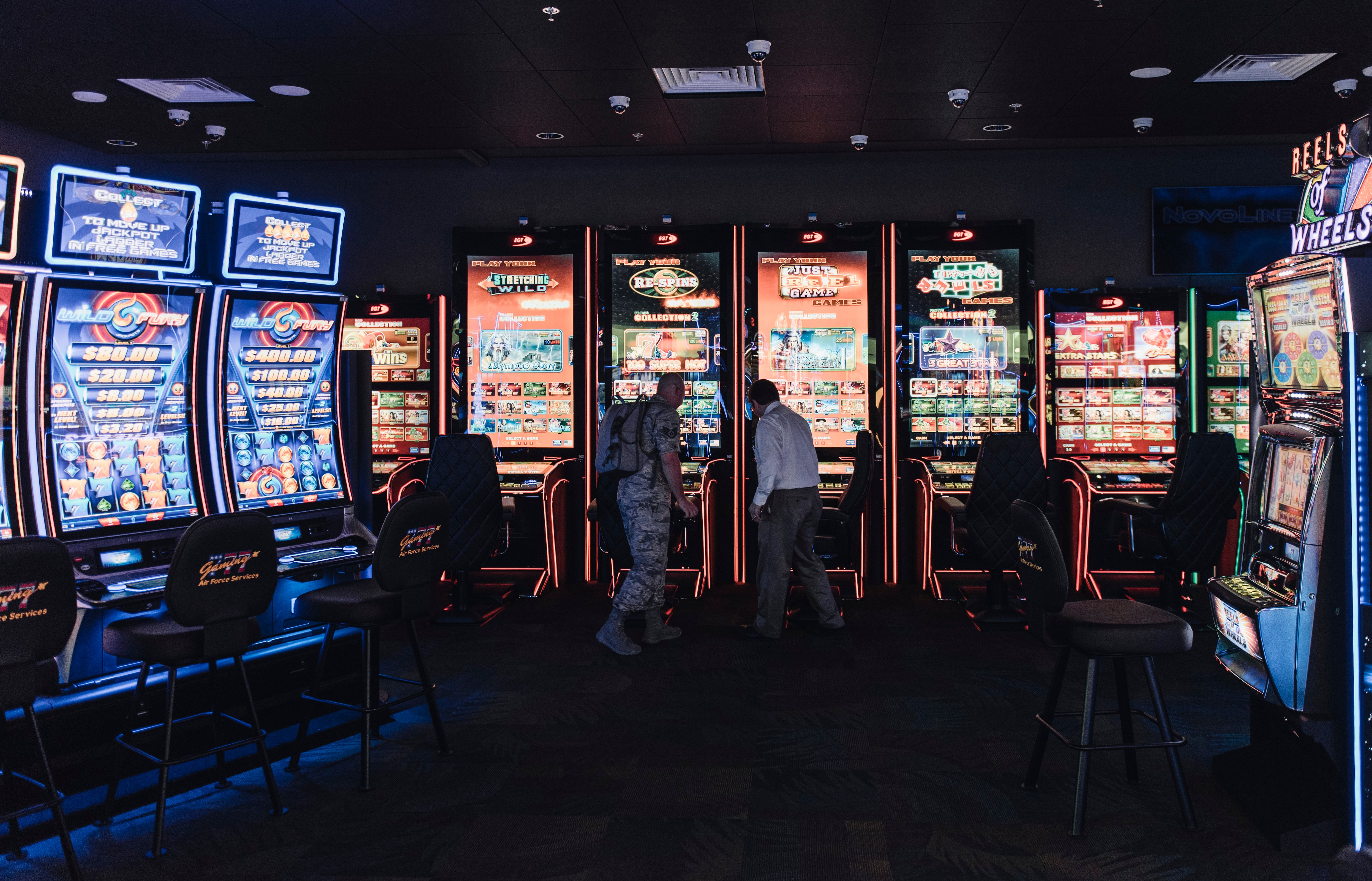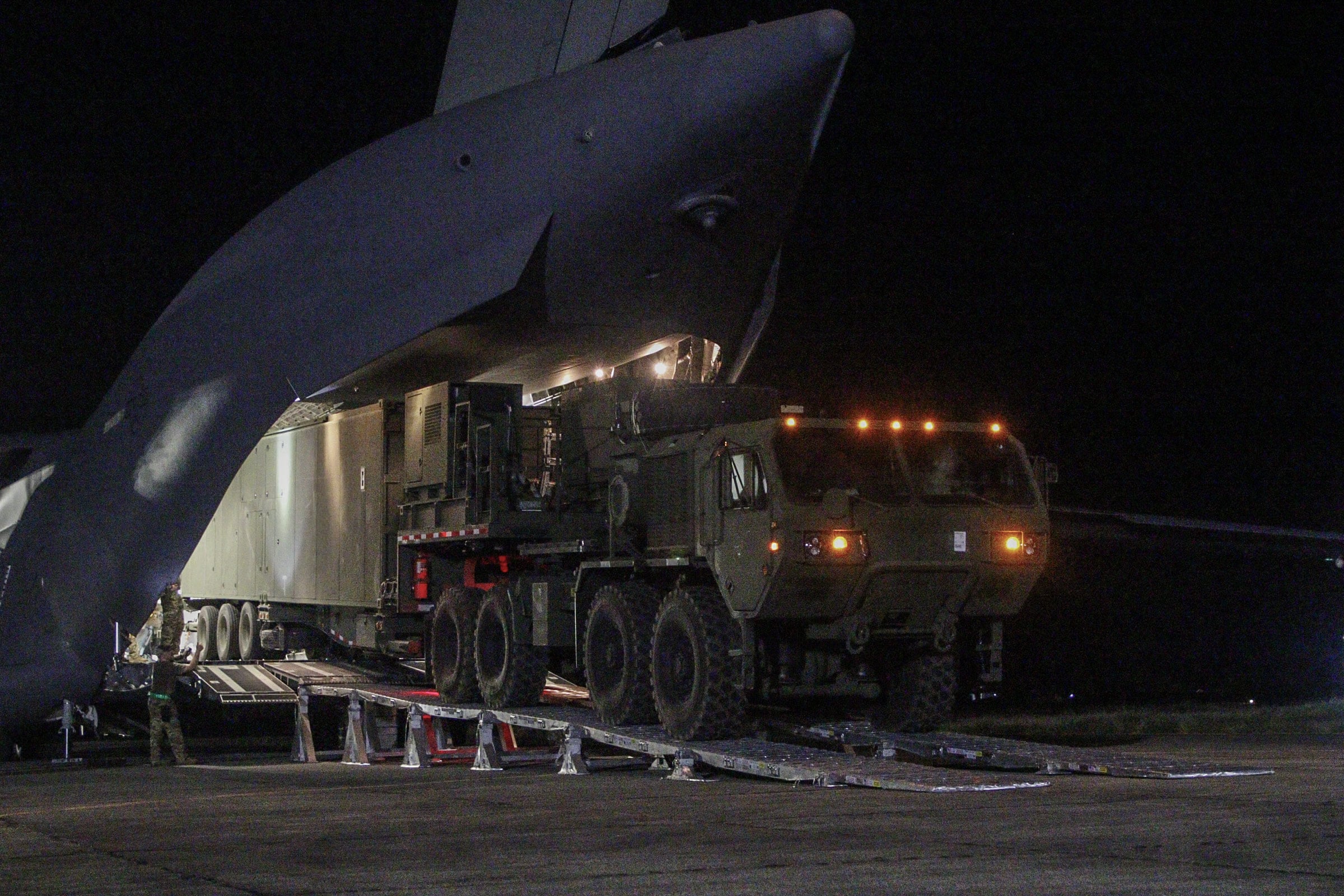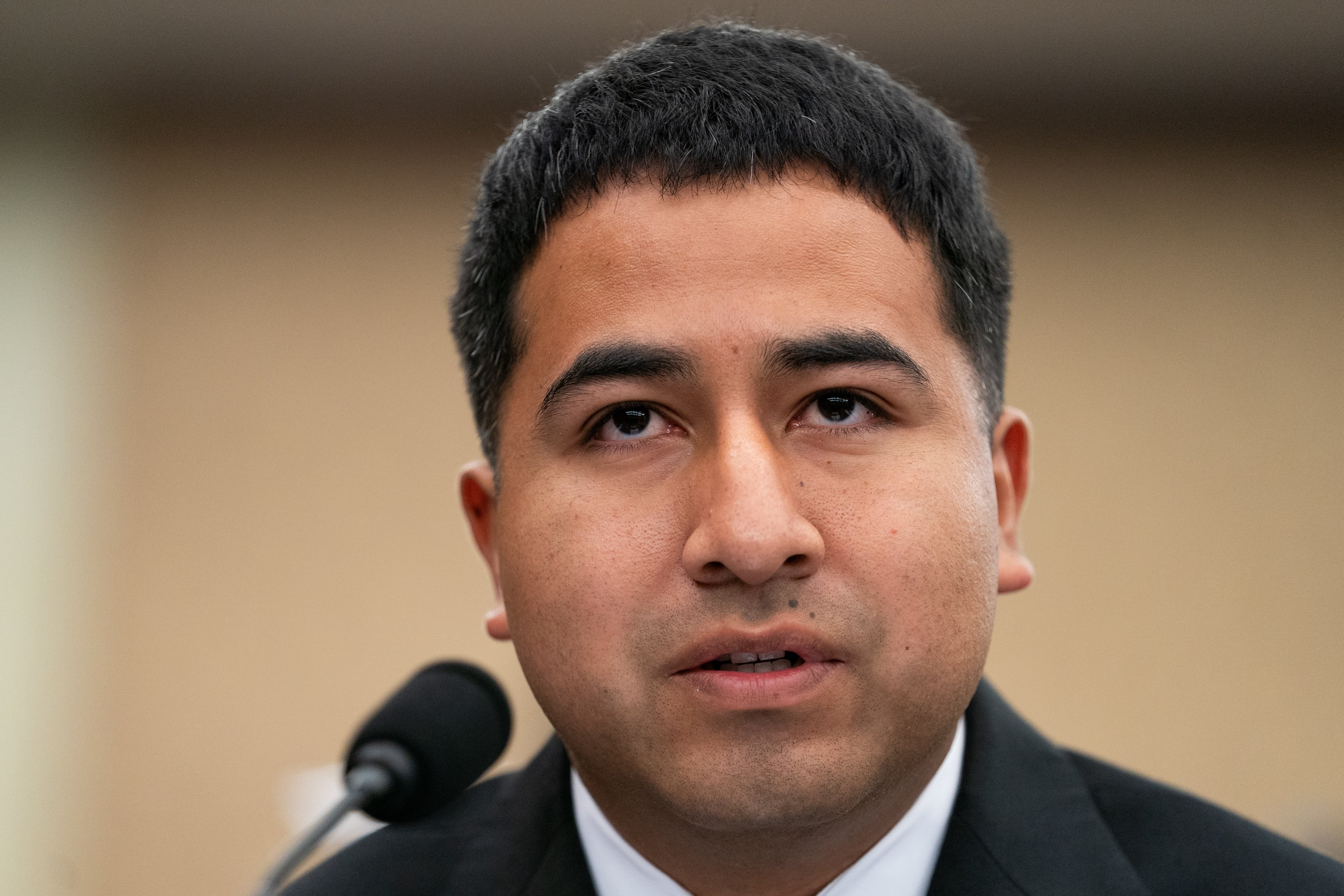Defense officials’ efforts to address service members’ gambling problems don’t go far enough, according to a new report by government auditors.
While DOD has updated its guidance on steps to prevent and treat gambling disorder, that guidance doesn’t specifically identify who is responsible for implementing certain tasks related to that support, Government Accountability Office auditors said in a report released Monday.
For example, it doesn’t designate staff who will be trained to prevent, assess, diagnose and treat gambling disorder.
By taking those actions, DOD and the service branches can increase their ability to address issues related to gambling among troops, auditors said.
The data is mixed on how prevalent gambling problems are among service members. According to Defense Health Agency system data, there were 185 service members with a gambling-related diagnosis in fiscal 2024. That’s up from 169 troops in 2023 and 136 in 2019.
Defense officials told auditors they view these numbers as “very low” compared to the total number of active-duty service members. Those numbers don’t reflect the prevalence of gambling disorder among service members who don’t seek medical treatment.
A recent article published on the Military Health System’s website, health.mil, points to problematic gambling behavior in the military.
“Unhealthy gambling behaviors are an increasing problem across the Armed Forces today due to the ease of online/app sports betting,” said Army Lt. Col. Isaac Lopez, a clinical psychologist with Defense Health Agency-Public Health, in the Sept. 3 article. “This behavior is increasingly troublesome as research has shown it can lead to more significant problems to include increased risk of substance abuse and behavioral health symptoms.”
Gambling disorder is a mental health diagnosis defined by the American Psychiatric Association as persistent and recurrent problem gambling behavior leading to clinically significant impairment.
DOD collects data related to problem gambling in its health surveys. Problem gambling, according to the National Council on Problem Gambling, is behavior that’s damaging to a person or their family, often disrupting their daily life or careers. DOD’s health surveys include some information on problem gambling that might fall short of a disorder diagnosis. But the surveys rely on self-reported data, and may not fully capture the prevalence of problem gambling, auditors noted.
GAO cited the 2024 Periodic Health Assessment, where 4.8% of Army participants, or 15,039 of 310,482, said they had gambled within the last 12 months. Of those, 402 participants, or 2.7 % of the 15,039, said they had become restless, irritable or anxious when trying to stop or cut down on gambling.
The Sept. 3 article from Defense Health Affairs stated that the 2020 DOD Health-Related Behaviors Survey indicated that 51.3% of active-duty service members reported engaging in some form of gambling in the previous year.
“Historically, military members tend to gamble more often than their civilian counterparts,” according to the article, which cited a 2021 study that found problem gambling scores for current military and veterans were more than double those of civilians studied.
Not everyone who gambles has a problem, and DOD Health Affairs officials are working to assess data on the prevalence, incidence and trends of gambling disorder among service members, with the first annual report scheduled to be issued by June 2026. But there are no plans to conduct more surveys or collect more data because “the number of service members seeking treatment is relatively low compared with other mental health concerns,” officials told auditors.
Some financial counselors told GAO that service members may be reluctant to talk about their financial problems due to gambling for fear it could affect their security clearances.
“Officials from the Defense Counterintelligence and Security Agency said that they do not track data to determine if gambling is the reason for security clearances being denied or revoked,” auditors said. “However they noted that while gambling may be a contributing factor, it is rarely the primary reason for denial or revocation.”
DOD agreed with GAO’s recommendations to update its guidance to clearly define responsibilities to prevent and respond to gambling disorder, with an estimated completion date of the end of September 2026.
Overseas slot machines
The services’ morale, welfare and recreation officials don’t track data on users of recreational gaming machines at overseas installations, but they told auditors that active-duty service members aren’t the primary users of these slot machines — they’re mostly retirees, contractors, family members or other personnel. Army and Air Force officials, who operate most of the machines, said they weren’t aware of service members having any problem gambling issues with the recreational gaming machines.
These slot machines are located only at some overseas installations, not in the U.S. The Air Force operates its own gaming program, while the Army operates select gaming machines for the Army, Marine Corps and every overseas installation for the Navy with gaming machines except for those at Naval Station Diego Garcia, according to auditors.
Revenue from these machines totaled about $91 million for fiscal 2024 and $87 million for fiscal 2023, auditors stated. The revenue is reinvested in MWR programs on the installations.
MWR officials also said there has been a shift among service members from traditional gambling in casinos to online or mobile sports gambling. DOD doesn’t track this.
MWR officials told auditors they believe service members were more affected by commercial gambling online or from traditional gambling in casinos than DOD’s limited overseas gambling operations with recreational machines.
Auditors found that the services’ MWR instructions don’t consistently include guidance with clear requirements for responsible gaming practices at overseas installations, such as guidance for restricting access to machines for individuals with a gambling problem. But the services did provide examples of posters or signage posted in some overseas facilities with gaming machines related to responsible gaming, the auditors said.
Defense officials agreed with GAO’s recommendations to update its guidance for MWR officials to have consistent responsible gaming guidance for their recreational machine programs.
Karen has covered military families, quality of life and consumer issues for Military Times for more than 30 years, and is co-author of a chapter on media coverage of military families in the book "A Battle Plan for Supporting Military Families." She previously worked for newspapers in Guam, Norfolk, Jacksonville, Fla., and Athens, Ga.





